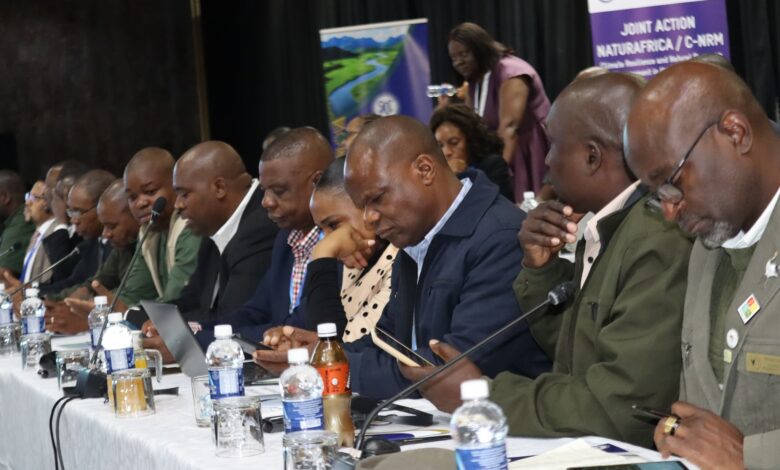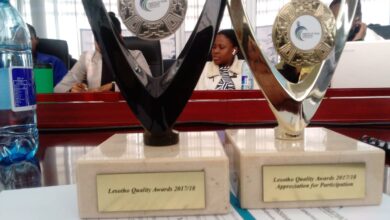SADC Summit on Transfrontier Conservation Kicks Off in Harare, Zimbabwe

The Southern Africa Development Community (SADC) Summit on Transfrontier Conservation officially opened today in Harare, Zimbabwe, bringing together delegates from across the region to strengthen collaboration on the protection of shared natural resources. This important summit highlights the collective resolve of SADC member states to safeguard biodiversity, promote sustainable development, and ensure that communities living near protected areas benefit directly from conservation efforts.
The 2025 summit is centred around the theme “Biodiversity, Sustainable Development & Community‑Driven Environmental Protection.” This theme reflects a growing recognition that environmental protection must go hand in hand with human development, particularly by empowering communities to become active participants in managing and protecting their ecosystems. Throughout the summit, discussions will focus on aligning conservation policies across borders, sharing knowledge, and addressing threats such as habitat loss, illegal wildlife trade, and climate change.
Although the Right Honourable Prime Minister and his entourage of Ministers have not yet arrived, Lesotho is already well represented. Senior government officials are actively participating in strategic discussions, presenting innovative initiatives such as the country’s community conservancy programmes that have proven effective in conserving biodiversity while generating income for rural families. Lesotho’s contributions to the Maloti-Drakensberg Transfrontier Conservation and Development Project are among the success stories being shared to encourage similar models throughout the region.
Delegates are expected to engage in high-level policy dialogues, technical workshops, and a conservation marketplace designed to connect governments, non-governmental organisations, and private sector partners with funding opportunities and practical solutions. Discussions will also focus on reinforcing regional law enforcement against cross-border poaching, improving data-sharing on wildlife populations, and promoting climate resilience within vulnerable ecosystems.
Youth and civil society also play a vital role in the summit, with dedicated platforms for environmental innovators and activists to showcase tools and ideas for sustainable resource management. From solar-powered ranger stations to drone surveillance and community-run eco-tourism enterprises, the event is spotlighting how technology and grassroots efforts can converge for long-term impact.
As the summit continues, it reinforces the importance of turning dialogue into action. Delegates will return to their home countries equipped with fresh strategies, new partnerships, and a renewed commitment to regional cooperation. The outcomes of this gathering will help shape the future of transfrontier conservation across Southern Africa, ensuring that both nature and people thrive together.




